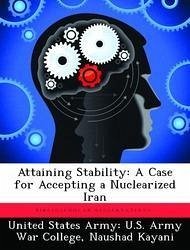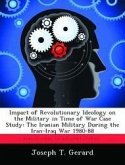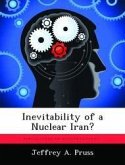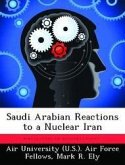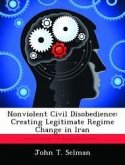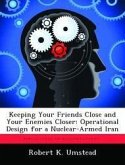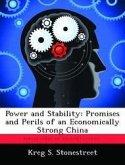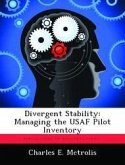Iran is currently viewed by the US as a source of instability within the Persian Gulf region. The recent emergence of a more strident Iranian government, apparently pursuing the acquisition of nuclear weapons, has further destabilized the fragile regional environment. The prospect of a nuclear-capable Iran poses a profound threat for both the balance of power in the region and the security of Israel. This paper, written by a USAWC AY2009 International student, examines the social-economic-political context driving Iran towards nuclear armament and objectively examines corresponding policy alternatives for the US, Pakistan and other regional actors. It specifically assesses the regional implications of aggressive counter-proliferation actions by the US or Israel and contrasts those with the near-and long-term consequences of accepting a nuclear capable Iran. The author concludes by recommending that the US focus its efforts on regional development and deterrence vice military counter-proliferation measures, thereby influencing Iran toward moderation by establishing democratic and liberalized governments in the region.
Hinweis: Dieser Artikel kann nur an eine deutsche Lieferadresse ausgeliefert werden.
Hinweis: Dieser Artikel kann nur an eine deutsche Lieferadresse ausgeliefert werden.

